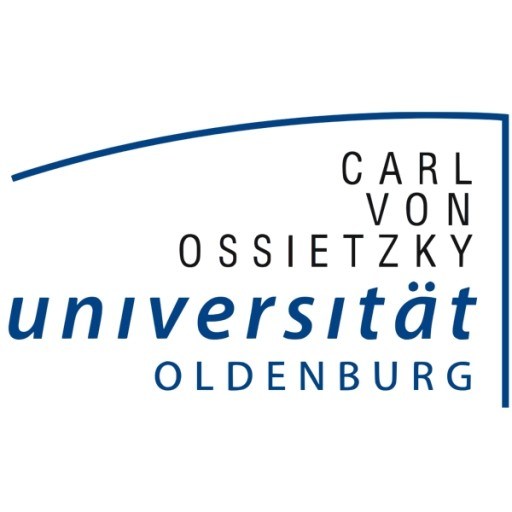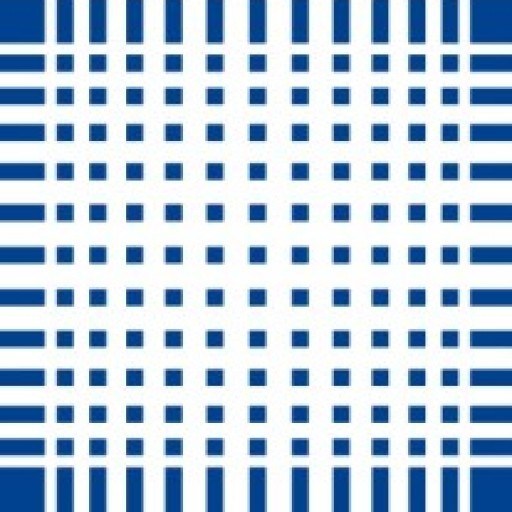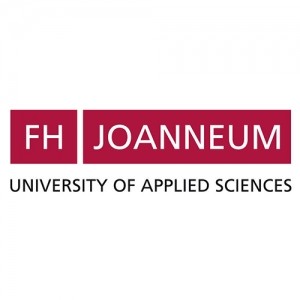The Master's degree program in Renewable Energy at the University of Oldenburg is designed to equip students with the advanced knowledge and practical skills necessary to address the global challenges of sustainable energy production and management. This interdisciplinary program combines principles of engineering, environmental science, economics, and policy to prepare graduates for careers in the rapidly evolving renewable energy sector. Students will explore a broad range of topics, including solar and wind energy technologies, bioenergy, hydropower, energy storage systems, and smart grid solutions, fostering a comprehensive understanding of renewable energy systems and their integration into existing power grids. Emphasis is placed on both technical proficiency and strategic planning, enabling students to evaluate the feasibility and environmental impact of various renewable energy projects.
The program encourages critical thinking and innovation, providing hands-on experience through laboratory work, project-based learning, and collaborations with industry partners. Students will also gain insights into energy market dynamics, government policies, and economic incentives that influence renewable energy deployment worldwide. The curriculum is designed to be flexible, allowing students to tailor their studies according to specific interests such as sustainable development, climate change mitigation, or technological innovation. International students are welcomed to this multicultural academic environment, which promotes the exchange of ideas and best practices across borders.
Graduates of this program will be well-prepared for roles in research and development, consultancy, project management, and policymaking within the renewable energy industry. They will possess the technical expertise needed to design, evaluate, and implement sustainable energy solutions, contributing to the transition toward a low-carbon future. The University of Oldenburg’s emphasis on interdisciplinary learning and real-world applications ensures that students graduate with both theoretical understanding and practical skills, ready to make a meaningful impact in the renewable energy sector globally.
The Renewable Energy master's program at the University of Oldenburg is a comprehensive interdisciplinary course designed to prepare students for emerging challenges and opportunities in the sustainable energy sector. This program provides students with a solid foundation in the scientific, technical, economic, and policy aspects of renewable energy sources and their integration into modern energy systems. Throughout the course, students will explore various renewable energy technologies, including solar, wind, bioenergy, geothermal, and hydroelectric power, gaining both theoretical knowledge and practical skills necessary for research, development, and implementation.
The curriculum emphasizes interdisciplinary approaches, combining insights from engineering, environmental science, economics, and policy analysis. Students will engage in coursework that covers energy system analysis, energy storage, smart grids, and the socio-economic impacts of renewable energy deployment. The program also offers specialized modules that focus on innovative solutions for energy efficiency and sustainable development, reflecting current industry trends and future needs.
Research plays a central role in this master's program, with students encouraged to participate in ongoing projects at the university’s research institutes. Practical training is integrated through laboratory work, project-based assignments, and potential internships with industry partners. These experiences aim to develop students' analytical skills, technical expertise, and understanding of real-world applications.
Graduates of the program will be well-equipped to pursue careers in research and development, project management, consultancy, policy formulation, or entrepreneurship within the renewable energy sector. They will have the necessary competencies to contribute to the transition towards sustainable energy systems at local, national, and international levels. The program also lays a strong foundation for doctoral studies, fostering future leaders in renewable energy research and innovation.
Overall, the Renewable Energy master's program at the University of Oldenburg offers an in-depth, interdisciplinary education designed to meet the demands of a rapidly evolving industry. It prepares students to become experts and decision-makers committed to advancing renewable energy technologies and promoting sustainable development worldwide.
The Bachelor of Science in Renewable Energy at the University of Oldenburg is designed to provide students with a comprehensive understanding of sustainable energy systems and technologies. The program prerequisites typically include a solid background in mathematics, physics, and chemistry, which are fundamental to understanding energy conversion processes. Applicants are generally expected to have completed secondary education with a focus on science and mathematics, demonstrating their capability to pursue a technical university degree.
Admission requirements often involve submitting a formal application along with academic transcripts, proof of language proficiency in English (such as IELTS or TOEFL scores), and in some cases, a motivational letter explaining the applicant's interest in renewable energy and their career aspirations. There may also be additional requirements for international students, including validation of prior qualifications and possibly an assessment test.
Students are generally advised to have a basic understanding of environmental science and engineering principles, which are foundational for advanced coursework in renewable energy technologies. The program may also recommend prior knowledge or courses in computer science, as simulation and modeling are integral parts of the curriculum. Furthermore, relevant work experience or internships in the renewable energy sector can enhance an application, although they are typically not mandatory.
The program's structure is designed to combine theoretical instruction with practical training, including laboratory work, project work, and industry placements. Prospective students should be prepared for an interdisciplinary learning approach, integrating physics, engineering, environmental policy, and economics. Critical thinking and problem-solving skills are essential, as students are expected to analyze complex energy systems and develop innovative solutions for sustainable energy challenges.
In summary, the program prerequisites for the Renewable Energy bachelor's degree at the University of Oldenburg include a strong foundation in scientific disciplines, proof of language proficiency, and a demonstrated interest in renewable energy topics. Meeting these requirements ensures that students are well-prepared to engage with the rigorous curriculum and contribute meaningfully to the transition toward sustainable energy systems.
Financing for the Renewable Energy master's program at the University of Oldenburg can be achieved through a variety of sources. Prospective students are encouraged to explore both national and international funding opportunities to support their studies. German students may be eligible for federal and state grants, such as BAföG (Federal Training Assistance Act), which provides financial aid for students based on need and academic progress. Additionally, students can apply for scholarships offered by the university itself or external organizations, including foundations dedicated to supporting students in renewable energy and sustainable development fields. The University of Oldenburg also has partnerships with industry and research institutions that may offer project-based funding or internships with stipends, helping students gain practical experience while reducing financial burdens.
International students should investigate scholarship programs specific to their home country, as well as Erasmus+ grants, which facilitate student mobility within Europe and can cover part of tuition fees and living costs. Part-time employment is another common financing method, with students often working in related industries or university services to support their studies. The university's location in Oldenburg offers opportunities for apprenticeships and part-time jobs in the renewable energy sector, which aligns well with their academic interests.
Moreover, students are advised to consult the university’s international office and financial aid services early in their application process to identify additional grants, fellowships, or loan options that may be available. Some students may also arrive with personal savings or family support that assist in covering tuition and living expenses. Overall, managing the financing of the Renewable Energy program involves strategic planning, applying for multiple funding sources, and leveraging available university and external resources designed to lessen the financial impact and enable students to focus on their academic and research commitments in renewable energy technologies.
The Master's degree programme in Renewable Energy at the University of Oldenburg is a comprehensive and interdisciplinary program designed to equip students with the necessary knowledge and skills to address the global challenges related to sustainable energy systems. This programme focuses on the technical, economic, and environmental aspects of renewable energy sources such as wind, solar, biomass, hydro, and geothermal energy. It aims to prepare graduates for careers in research, industry, and policy-making, contributing to the transition towards a sustainable energy future.
The curriculum encompasses a wide range of subjects, including energy system analysis, renewable energy technologies, energy policy and economics, environmental impact assessment, and project management. Special attention is given to innovative solutions and the integration of renewable energy sources into existing power grids. Students have opportunities to engage in practical projects, internships, and collaborations with industry partners, which facilitate the application of theoretical knowledge to real-world challenges.
The programme's structure typically includes core modules, elective courses, a research project, and a master’s thesis. Students can choose from a variety of specialization options, allowing them to tailor their education according to their interests and career goals. The programme encourages international exchange and cooperation, fostering a global perspective on renewable energy issues.
Graduates of the programme are well-prepared for employment in sectors such as renewable energy companies, engineering firms, governmental agencies, and research institutions. They possess a solid foundation in renewable energy technologies, system analysis, and policy development, enabling them to contribute to the sustainable development and implementation of renewable energy solutions worldwide.
The University of Oldenburg supports a vibrant academic environment with experienced faculty, modern laboratories, and active research projects. Students benefit from its strong links to industry and international networks, providing opportunities for internships, joint research, and future employment. Overall, the programme aims to cultivate engineers and scientists capable of leading future energy projects and influencing energy policy on both national and international levels.









